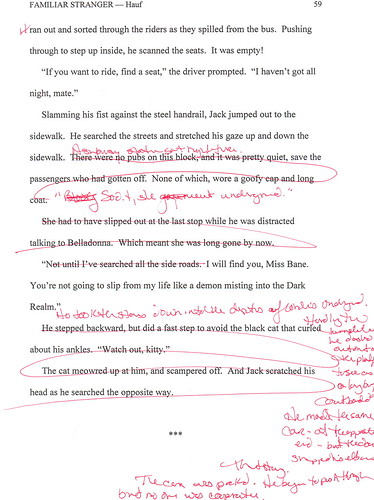Writing Consultant Highlight
Sarina LaBold
Sarina is a junior English and Media Studies major. Not only is Sarina good at writing, but one of her hobbies involves a creature that most of us do not see on a daily basis. Much like the feat of tending to horses, Sarina advices her students not to panic when a large writing task is in front of you. As a self-confessed fanatic note-taker for her paper writing style, Sarina's comments will give you ease.
See below for Sarina's insights:
As a writing consultant, you know how to put a paper together, but what is your writing process like?
My papers begin as a bunch of page numbers and
scribbles on loose-leaf that look like Egyptian hieroglyphs! I designate a page
for each paragraph, and as I go through my sources, I put each fact/quote on
the respective page. Sometimes I just write notes from each source and then put
a 1, 2, or 3 next to it to indicate what paragraph it belongs to. Really, I
often amaze myself how all my muddle creates a cohesive paper in the end!
Let’s face it: No one is perfect.
What is your biggest writing challenge?
Once I feel organized enough with what I want to
say (which often takes a lot of time and courage!), I just have to sit down and
write. If I get interrupted, I lose my train of thought and have to re-read my
paper and go through my sources again. (This goes for everything but the
introduction. I like to write this the day before I start the bodies.)
Unfortunately, wanting to write the paper in one fell swoop is a good excuse to
procrastinate… and if I convince myself it’s not a good excuse, my
perfectionism kicks in, and I tell myself it won’t be as good of a paper!
How does your major help you become
a better writer? How has Cedar Crest helped you become a better writer?
Being an English writing major makes you explore
many different types and styles of writing. You get to examine famous authors’
voices and make your own. For example, I just completed two writing classes
where brevity and clarity were vital: a fiction piece could not exceed two
pages and a poem 20 lines. This type of class really makes you sort out your
literary voice! Cedar Crest also provides many contest opportunities where you
have the option of getting judges’ feedback.
What is something interesting not
many people know about you?
I have a horse who thinks he can fit in my
pocket, a turtle who thinks he’s a dog, and a betta fish who likes to sleep
half out of the water. Maybe my animals have identity issues?
What is your favorite book? Why?
This past semester I took a class entitled “Jane
Austen and Eighteenth Century Literature.” I had never read any of Jane Austen’s
works before and was pleasantly surprised how much I enjoyed her novels! At the
moment I think Pride and Prejudice is
my favorite, though once I read Persuasion,
I’m sure that will take its place.
What is your general advice to
writers?
Don’t panic! Good writing will come to those who
dedicate themselves to reading and understanding the formats, styles, and
voices of others. Take a piece you particularly like and try to mimic the style
in a piece of your own. And, as with most things, start small. Limit yourself
to two pages and expand your boundaries as you grow.
COMMENT BELOW TO OFFER SARINA YOUR
QUESTIONS AND FEEDBACK!

